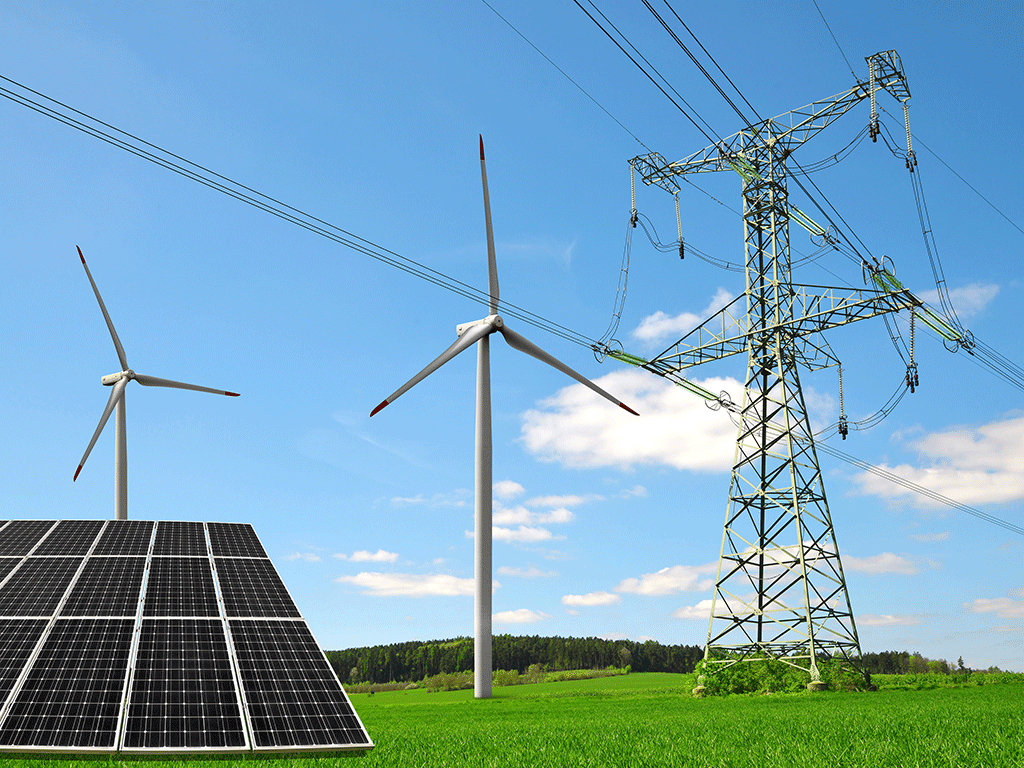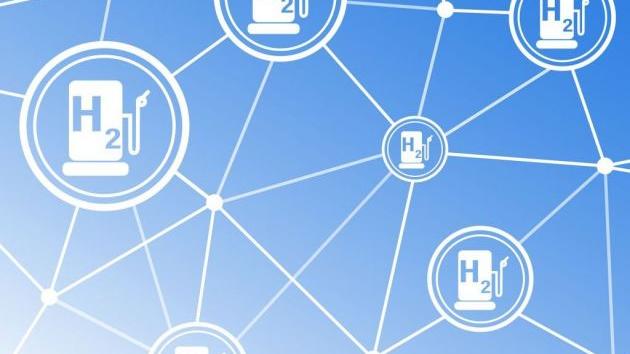Energy Community Requiring More Ambitious RES and Energy Efficiency Goals from Serbia
Illustration (Photo: jaroslava V/shutterstock.com)

Serbia’s Ministry of Mining and Energy submitted its draft National Energy and Climate Plan (NECP) to the secretariat for review on June 29. The Secretariat has assessed the draft NECP and issued its recommendations, Vladimir Spasic writes for Balkan Green Energy News.
It has been recommended to Serbia to match the level of ambition – i.e. 40.7% instead of a mere 33.6% – in the planned minimum share of renewable energy in gross final energy consumption by 2030 to the decision of the Energy Community Ministerial Council, or explain the specific national circumstances to justify the gap.
The achievement of the 2030 target in renewable energy is legally binding upon Serbia.
The secretariat reminded that the Energy Community contracting parties are obliged to develop draft NECPs setting out objectives in line with the Energy Community 2030 targets and policies and measures in the five dimensions of the Energy Union (greenhouse gas emissions reduction, renewables, energy efficiency, internal energy market, and research and innovation).
Decarbonization: there is no information related to the introduction of an emission trading system
According to the assessment, the share of coal in electricity generation is planned to be reduced by not more than 25% in 2030 compared to the status in 2019 in the policy scenario, but it will still account for approximately half of total power generation by 2030. The complete phase-out of coal in the electricity mix is expected to take place by 2050 in the policy scenario.
Concentrating the majority of the ambition in the post-2030 period will require an accelerated closure of coal-based generation capacities between 2030-2050 coupled with an extremely ambitious investment in new generation capacities, which will pose challenges to the economic feasibility and fairness of the green transition, the document said.
The draft plan also claims that all “fossil fuel thermal power plants are expected to completely stop generation of electricity by 2050.” This not only puts in question the achievement of the 2030 GHG emissions reduction target, but it is also not underpinned by the figure below the referred statement because natural gas still appears in the electricity mix in 2050, the secretariat said.
The lack of consistency raises serious doubts about the ambition of fossil fuel phase-out in the electricity sector
According to the secretariat, no economy-wide climate neutrality is planned to be reached by 2050. The most ambitious policy scenario with additional measures (“WAM”) achieves 75% of net emission reductions on the level of the overall economy from 1990 to 2050.
A carbon tax is included among the policies and measures, albeit only in the form of facilitating its introduction, without any concrete action planned. A footnote in the draft NECP points to a potential introduction of such a tax from 2027 at a low rate of EUR 4/ton and an increase to either EUR 40/ton (in Chapter 5) or to EUR 70/ton (in Annex II) in 2030, the document reads.
The secretariat said that there is no information related to the introduction of an emission trading system (ETS), which could be instrumental for securing an exemption from the European Union’s CBAM Regulation and thus for preserving any market coupling in electricity.
Renewables: the potential for 3.58 GW of solar, but the target is 1.73 GW
Solar and wind energy are expected to take over the place of coal in electricity generation, however, the growth in renewables follows a slow trend until 2030 and is forecast to accelerate substantially only between 2030 and 2050.
The overall 2030 renewable energy target is subdivided into sector targets for electricity (45%), transport (7%), and heating and cooling (41.4%).
The secretariat points out that IRENA’s study “Renewable Energy Prospects for Central and South-Eastern Europe Energy Connectivity (CESEC)”, indicates that Serbia possesses twice the potential to cost-efficiently harness solar PV for electricity generation by 2030 compared to what is proposed in the draft plan (3.58 GW compared to the proposed 1.73 GW).
There is no explanation in the draft NECP regarding the solar PV potential, which could justify such a significant level of difference, the analysis said.
There are measures planned for self-consumption and energy communities, however, in the absence of tangible targets in this respect, it will be difficult to track the progress, according to the secretariat.
Energy efficiency: the country falls short of complying with the level of final energy consumption
The secretariat reminds that the achievement of the 2030 target in energy efficiency is legally binding upon Serbia under the Ministerial Council Decision. This requires that Serbia pursues the same level of ambition – i.e. maximum of 9.54 Mtoe instead of 9.7 Mtoe19 – in the planned total maximum level of final energy consumption by 2030, according to the document.
District cooling is not considered an option in the period until 2030. The draft NECP also does not reflect the status of fulfilling the obligation to carry out a comprehensive assessment of the potential for the application of efficient heating and cooling.
The draft plan does not provide any details regarding the implementation of consumption-based billing, which is currently only partially applied, the secretariat said.
Energy security: self-sufficiency will be costly
The secretariat said that self-sufficiency is the central guiding principle, without taking regional cooperation and the regional dimension into account. This will significantly increase the costs of the transition, according to the assessment.
Tags:
Energy Community Secretariat
Ministry of Mining and Energy of Serbia
International Renewable Energy Agency
IRENA
draft National Energy and Climate Plan
NECP
coal share
fossil fuels
natural gas
renewable energy sources
Comments
Your comment
Naš izbor
Most Important News
Full information is available only to commercial users-subscribers and it is necessary to log in.
Follow the news, tenders, grants, legal regulations and reports on our portal.
Registracija na eKapiji vam omogućava pristup potpunim informacijama i dnevnom biltenu
Naš dnevni ekonomski bilten će stizati na vašu mejl adresu krajem svakog radnog dana. Bilteni su personalizovani prema interesovanjima svakog korisnika zasebno,
uz konsultacije sa našim ekspertima.


 Izdanje Srbija
Izdanje Srbija Serbische Ausgabe
Serbische Ausgabe Izdanje BiH
Izdanje BiH Izdanje Crna Gora
Izdanje Crna Gora


 News
News










